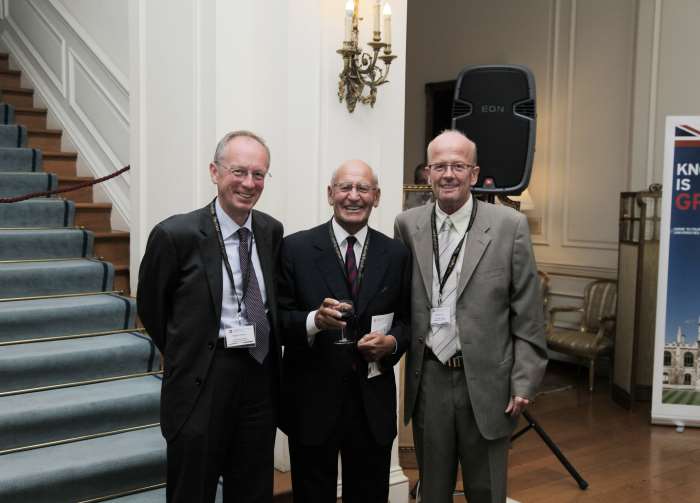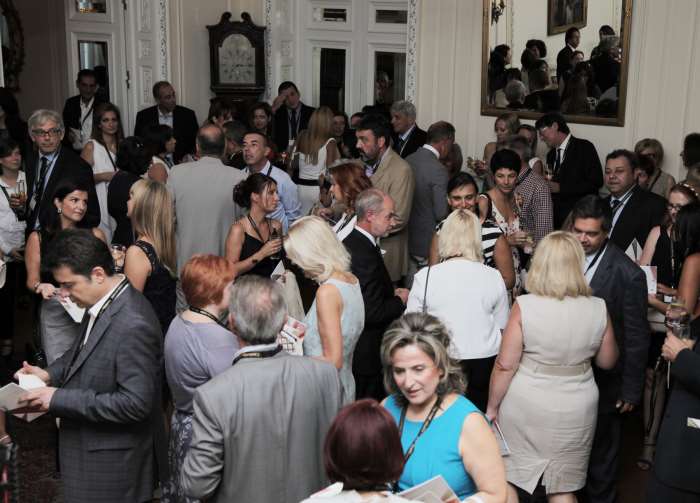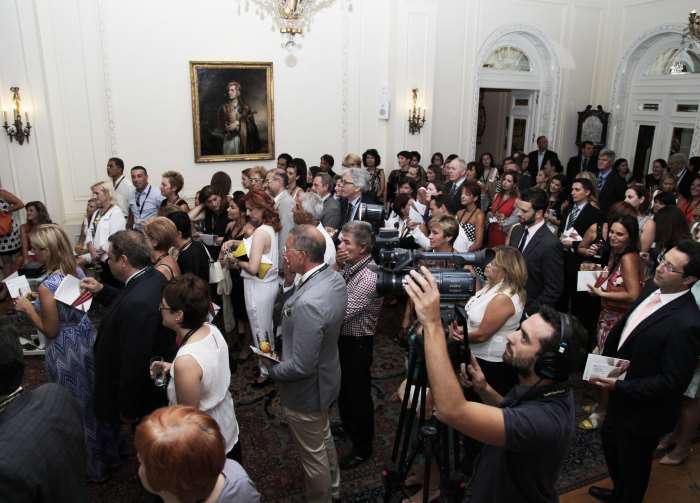
He started working at the Syndicate in 1925 after a career in the Indian army. He left the army, came to Cambridge, took a degree in French and German and joined the Syndicate.
In 1930 he was asked to take responsibility for English exams. Proficiency that year had 14 candidates. He said he could increase that and he did.
He introduced innovative ideas, like standardisation of Speaking Test examiners to ensure quality and consistency.
And later he gave our current CEO (Dr Mike Milanovic) the first two recordings of standardisation interviews ever made.
From the three candidates in 1913, when Jack Roach left in 1945 the number had increased to 6,000. But, we still had only two exams – Proficiency and First Certificate (then called Lower).

Through the 1950s to 1980 the candidates grew – and by 1986 120,000 were doing three exams.
At that time John Reddaway joined the organisation – it was his vision that helped us to focus on English around the world.
He established an English Language Division in UCLES. And the first leader of that was Dr Peter Hargreaves, who headed it for 14 years.
Over the next 20 years the three original exams grew to a wide range and the candidates grew from 200,000 in 1990 to over 4 million today.
Out centre network grew from just two centres in 1913 to 3,000 in 130 countries today. And the staff has increased from just a few to over 400 in more than 20 countries today.
We decided to capture that story in a commemorative book: Cambridge English Exams. The First Hundred Years, which is a fascinating story of changes in language learning and assessment.”
“Many of you here are part of that story” Roger said. “Enjoy the rest of the evening in these magnificent surroundings and thank you again for coming here today to mark the past 100 years of Cambridge English and help us look forward to even greater achievements in the future!”
